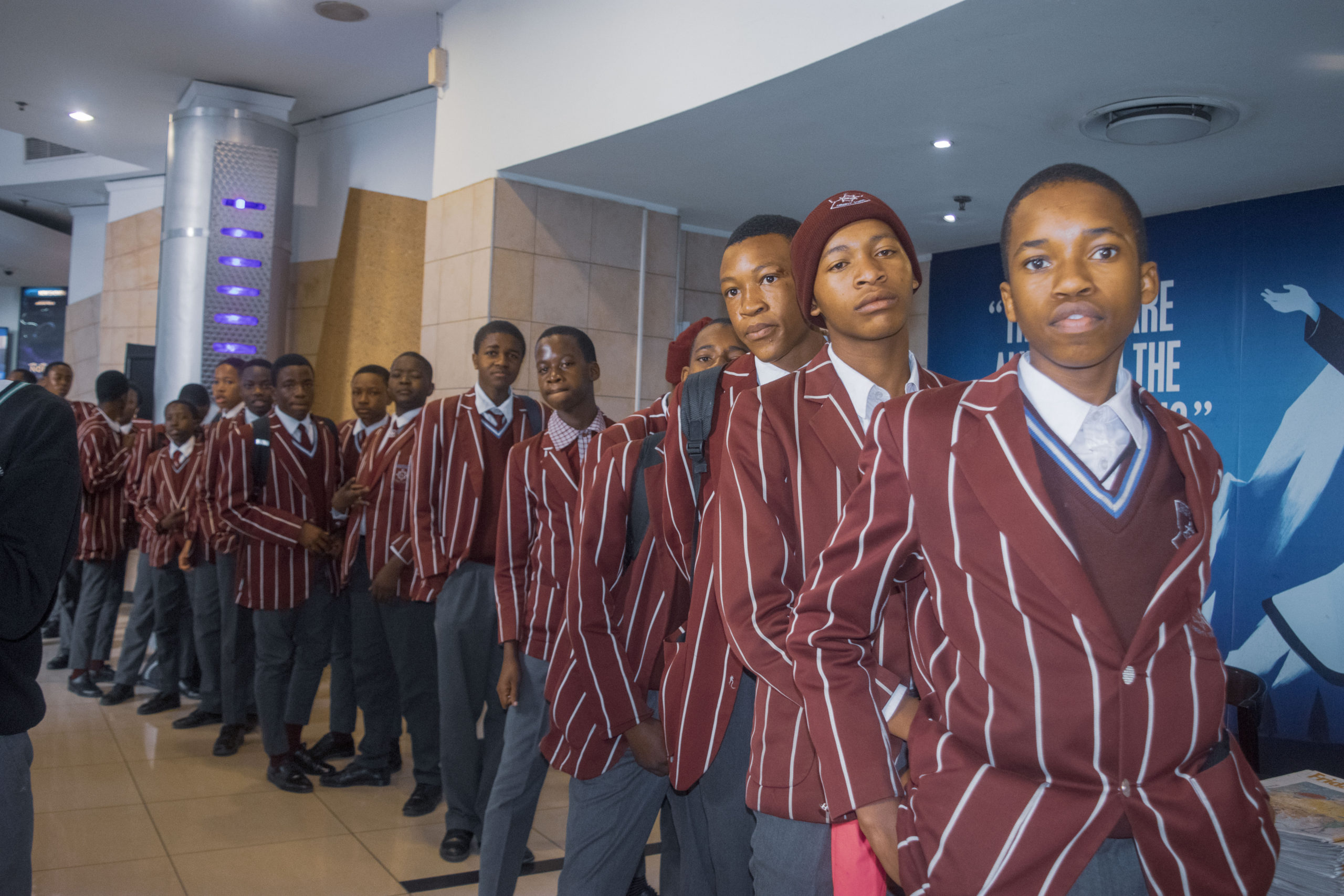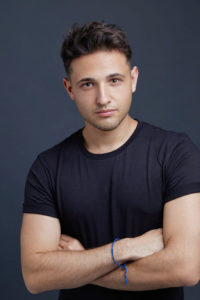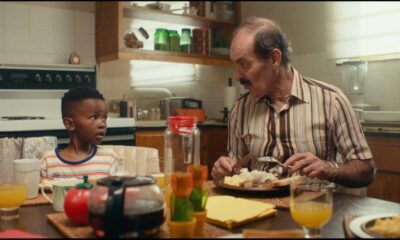
Lifestyle

“What About the Boys?” tackles toxic masculinity at the core of GBV
“Boys don’t cry”; “man up”; “be strong”. With one of the highest rates of rape and femicide in the world, South Africa has long faced a gender-based-violence (GBV) crisis, underpinned by such patriarchal and sexist norms.
To end this scourge, we need to address the underlying causes before they take root, which is the aim of Primestars’ latest national edutainment programme, “What About the Boys?”
“This is a one-of-a-kind preventative programme,” says Martin Sweet, the managing director of youth-development-programme facilitator Primestars, which to date has worked with more than a million children through its various maths and science, financial literacy, career guidance, and entrepreneurship edutainment initiatives.
“A big focus of ‘What About the Boys’ is to move boys from the conventional expectations of manhood and the norms that they understand. When you’re told not to be vulnerable and you hold everything inside, a host of negative emotions and behaviours emanate. Yet, psychologically, if you can teach people that the norms have changed, they’ll adopt them,” Sweet says. He equates toxic masculinity to a cave. “Once a young man is inside, you can’t get him out, but if you can shut off that cave to young men early on, in the long run, you can solve GBV.”
A multifaceted programme, “What About the Boys” aims to do just that by bringing 10 000 Grade 9 to Grade 12 boys from public schools in urban, township, and rural areas to cinemas throughout South Africa to watch a powerful movie that tackles GBV with relatable characters within a school setting. More films are planned.
Screenings are followed by the distribution of a booklet to drive behavioural change. The movie is only the first step in the implementation of a national mentorship movement, with discussions starting in cinemas, continuing on free digital platforms, and going into schools.
Pupils also sign a #DoBetter pledge referenced in the film. Here, they select and tick boxes on a list detailing various ways in which they can commit to doing better as men. These include pledges such as, “I pledge to use my heart and my mind and not my fists to solve problems.”
“This #DoBetter pledge comes from a Jewish idea,” says Sweet. “In shul, on Yom Kippur, you get a punched card with a list of mitzvot. You insert a pin next to the mitzvah you commit to taking on for the year. It’s the same concept.”
Storytelling – the central medium through which the programme operates – is also rooted in Jewish culture, says Dean Goldblum, an up-and-coming actor who stars in the What About the Boys movie. “Art across all media lives at the centre of the Jewish soul, now and throughout Jewish history,” he says. “Judaism is centred on oral tradition and storytelling. Passing stories down from generation to generation is what informs and makes us a community.”

Storytelling is also a cornerstone of African culture, says Goldblum’s co-star, Buhle Mvalo. “For the black community, healing is very much the foundation of storytelling,” he says. Mvalo experienced this first-hand while making What About the Boys. “I lost a very good friend, Jesse Hess, to gender-based violence at the hands of her own cousin in the same week of the highly publicised murder of Uyinene Mrwetyana. I disclosed this to my co-stars onset and let them know why G-d put me in the position to tell this story, and why it was important to do so authentically.”
Goldblum recalls the impact that the murders of both Hess and Mrwetyana had on campus when he was studying at the University of Cape Town (UCT), where Mrwetyana was also a student. “I was at all the protests, and it shook every student I came across to the core,” he says. “One of our lecturers at UCT Drama School suggested that we create a men’s room at drama school where we’d have meetings every Friday so that men could hold each other accountable. Here, men figured out solutions for men.
“This feeds so well into the project we’re working on. Being part of such a purpose-driven movie is an honour. Every element of the project is centred on uplifting, reimagining, and shifting young boys’ perspectives on what it means to be a good human being.”
Speaking of GBV and its impact on the youth, Mvalo says that too many of the black boys who see the film have witnessed such incidents for themselves. “Starting with storytelling, we’re going to heal a nation of damaged, traumatised young boys who didn’t bring this upon themselves, it’s just what they’re forced to see.”
That’s not to say that GBV is specific to a particular sector of society. “What I love about the movie is that it’s not just set within the black community, it shows the issue on a bigger scale, it’s not defined by your race or how wealthy your family is,” says Mvalo. “There’s a problem, and that problem is GBV. It’s largely because of mentorship and education, which is something we’re now addressing, which is why this programme is a game changer.”
Sweet has extended an invitation for Jewish schools to participate. “GBV isn’t segmented to any one community, it affects them all,” he says. “The Jewish community has problems too. Boys from all sectors of society need to learn to treat women with respect. Men need to know they can cook and clean and be vulnerable, and they shouldn’t view women as property. There shouldn’t be shame about homosexuality, something the film addresses too. Masculinity has evolved, and that’s as much a lesson for Jewish schools as it is for the public schools we currently serve.”
Sweet’s commitment to education emanates from his upbringing. “My parents came from Poland and Lithuania. They were Holocaust survivors, and their primary aim was to get me educated. Nothing was more important. If they didn’t put food on the table, they still found the money to put me through varsity. That is what this country needs now, and that’s why educating 90 000 black kids a year through Primestars – the biggest private sector tutor to the public sector – is so important to me.”
The “What About the Boys?” programme was founded through a private-public partnership where those at the highest levels of government and business work together to stop GBV. Speaking of the importance of working together for the greater good, Sweet quotes rabbinic sage Hillel the elder, who said, ‘“If I’m not for myself, who will be for me? If I’m only for myself, what am I? And if not now, when?”
“Jewish people aren’t an island unto ourselves, we’re part of a wider community,” says Sweet. “We’ve got to get involved, we’ve got to be part of the solution to problems that this country faces, otherwise we’ll be left on the sidelines.”
- For more information, visit: www.primestarsdigital.co.za










